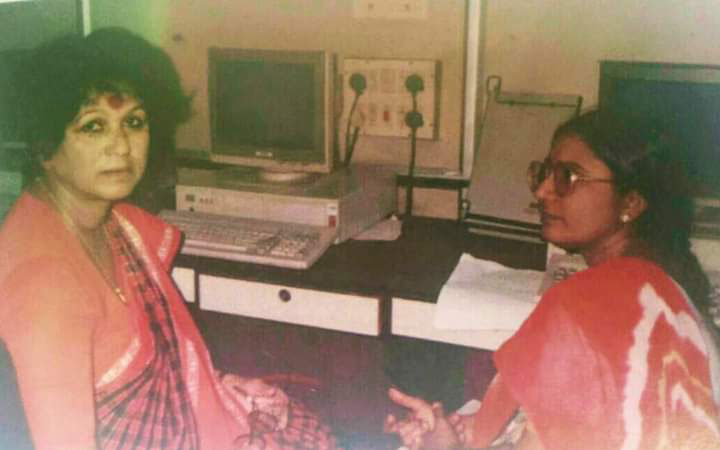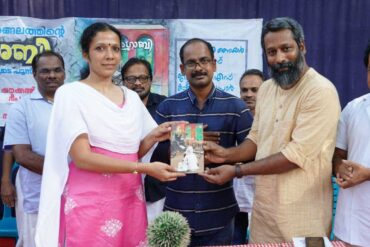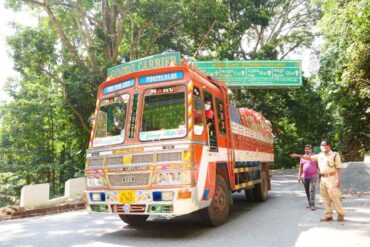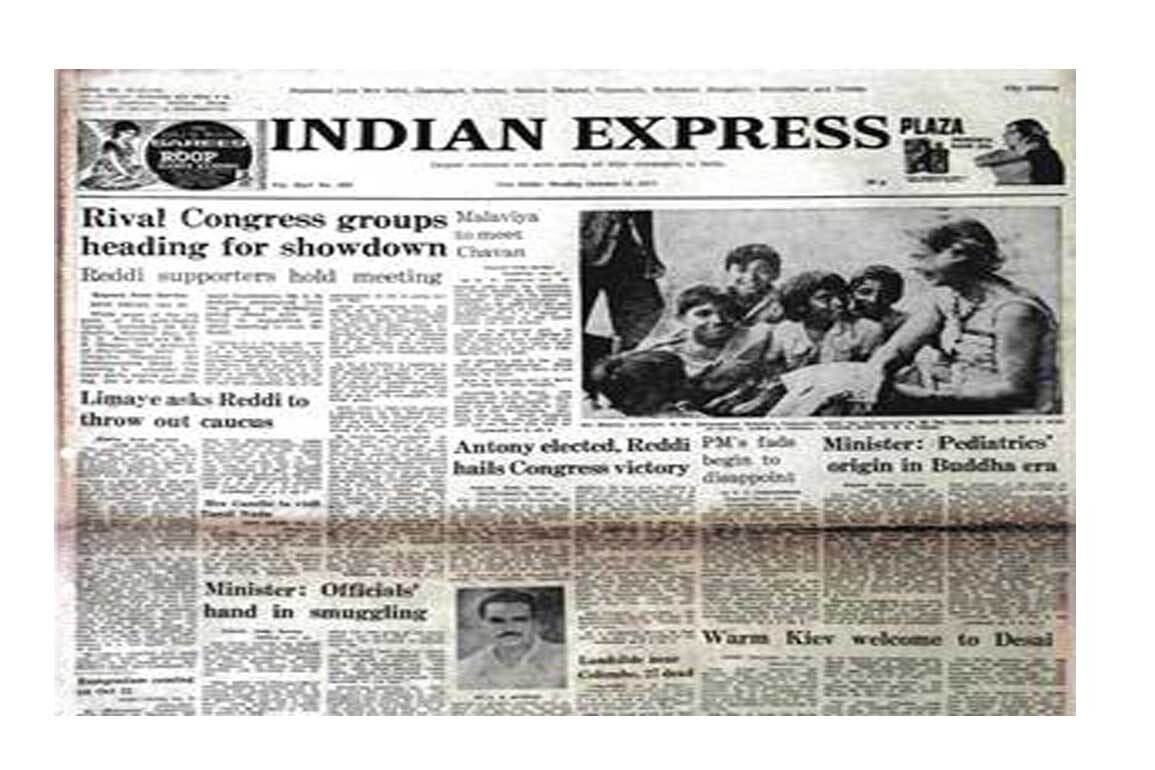The Indian Express was the first English language newspaper to start an edition in Kerala. In 1973, Express Chairman Ramnath Goenka (RNG) set up an office in the Aspinwall House in Fort Kochi and began publishing the paper which, till then was being supplied from Madurai.
A leading Malayalam newspaper had tried to prevent Goenka from his bid as it feared an adverse impact on its revenue. But RNG overcame it and Express came out one fine morning from Kochi. But the then Editor-in-Chief S Mulgaokar called the first day’s paper as a ‘bastard edition’ as it was notable for teething troubles like bad printing, editing, and layout. Mulgaokar had taken over from Frank Moraes and RNG called the former the ‘complete editor’ as he was a good writer and thorough with all other departments, including editing and layout.
But the Kochi edition grew out of its initial troubles soon as it had veterans on the desk assembled from various centres like Madras, Madurai and Bombay, including Madhavan Kutty, P J Mathew, P Ananthakrishna Pilla (all gone) and Gopi Menon. Madhavan Kutty fell victim to alcoholism, the curse of journalists then. S K Anantaraman, who became the Resident Editor in the eighties, was ‘special correspondent’ earlier, the only one in the South based in Trivandrum.
One of his reports discussed much in journalistic circles was when A K Antony became the Chief Minister at the age of 36 in 1977, the youngest CM in the country, after K Karunakaran resigned over the Rajan case. The report began on the following lines: “Like a timid bridegroom being ushered into the marriage pandal, a reluctant Antony was prompted to take the oath as CM of Kerala…” (Antony was still a bachelor). That was his unique way of writing.
Anantaraman could spot talent and picked star reporters like K Govindan Kutty, N Madavan Kutty, P Aravindakshan, Leela Menon and P Venugopal.

From the beginning, the Kochi edition was the epicentre of strikes by a union led by Sebastian Paul, who later became an MP, and supported by the Centre for Indian Trade Unions (CITU). Incidentally, Paul used to write occasionally, though he was a sub-editor, and Express editorial advisor T J S George described him as the best columnist in the South. It was Anantaraman who broke the backbone of the strikers in Kochi. Once the union started an agitation and the printing was disrupted. All kinds of errors began to appear in the paper as compositors inserted crude sentences in texts at the last minute.
One day a ‘Letter to the Editor’ by a woman reader on AIDS patients appeared. Someone inserted a sentence, “I myself am an example,” implying she had AIDS. This created an uproar and the management soon declared a lockout and issued closure notice to all. But Anantaraman ensured that the paper was supplied from Madurai by taking some desk staff from Kochi.
Scared of the prospects of closure, a group of employees formed a new union, met Saroj Goenka, wife of the late B D Goenka, son of RNG, in Chennai, and agreed to work. In the process, some 15 leaders of the other union, including Sebastian Paul, had to resign. Anantaraman thus ensured the cleansing of Kochi edition of the legacy of strikes for a long time till a strike crippled it in the mid-2000s.
When T J S George took over as editorial advisor in the late 1980s in the South, it was a badly designed paper. T J S streamlined it and introduced the system of dummy for page layout. In Bangalore at first, there was protest over the new system as pages were made till then by the ignorant press workers as they fancied. When T J S came to Kochi after Anantaraman left, he was surprised to find that Kochi already was following a dummy system for page one.
That was the contribution of Anathakrishna Pilla, as he had come from Bombay edition. And everyone on the desk learnt that skill from him. He was also a grammarian and we juniors learnt a lot from him. But Anantaraman was not impressed and said, if grammar was what mattered in journalism, he could as well appoint a college professor for the job. But even he had to concede the ground to Pilla sometimes as far as grammar was concerned.
The Kochi desk somehow had earned the dubious distinction as a den of conspiracies and backbiting and that reputation was erased by M K Das, the new Resident Editor. It was under his stewardship that Express launched the Trivandrum and Kozhikode editions.
Express had a reputation of giving dynamic, subtle and bold headings. Here is an instance: in the Karunakaran ministry in the 1980s, K P Ramachandran Nair of NDP was the health minister. There was some row over his handling of the portfolio and he was divested of it for some time. It was announced that he was advised rest on health grounds. After the issues were settled, the portfolio was given back to him.
When the report came, the then News Editor went through it and suggested a page one heading: ‘Ramachandran regains health portfolio.’ But I amended it to ‘Ramachandran regains Health’ with a capital H, saying it would mean both his health and the portfolio and by implication, the wranglings behind the whole thing.
In the next week’s Kala Kaumudi magazine, the venerable critic M Krishnan Nair wrote an elaborate article on how much he enjoyed reading the heading and on the art of writing headings to brighten the reports. Then only I realised how a heading could have that much impact.







